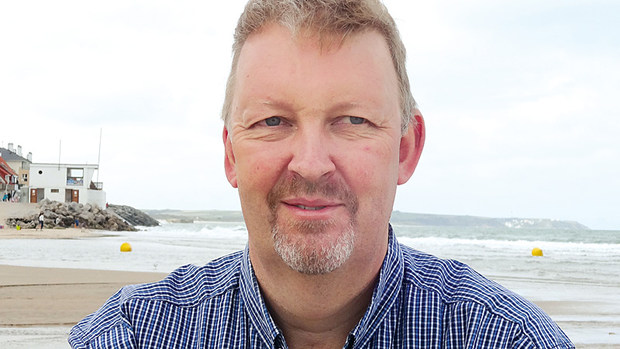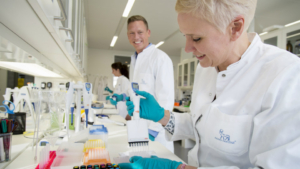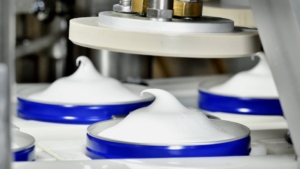
Dirk Carrez: The BRIDGE to a biobased economy in the EU
In a post-petroleum society, biorefineries - along with the farmers and foresters who source raw materials - are at the heart of the economy. No matter how you define it, the concept remains the same: converting raw materials into useful products for society. Instead of fossil fuels, the biobased economy employs renewable resources and wastes to produce a series of products useful to society: biofuels, bioenergy, biochemicals, bioplastics and other biomaterials.
The potential social, economic and environmental benefits of this model are substantial across Europe. Farmers and foresters would play a pivotal role in enabling the biobased economy’s goals of delivering locally-sourced and produced materials, chemicals, fuels, food and feed. With sustainability at the heart of the biobased economy, growth could be decoupled from resource depletion and environmental degradation. That would in turn boost the EU’s ability to transition more rapidly to a low-carbon and resourceefficient society, and it would further enable the EU to lead and compete in a global biobased economy market that is expected to reach the 200bn mark by 2020. The biobased economy is just the project to propel Europeans onto the path of reindustrialisation and sustainable growth, and to reverse the current investment trend toward other regions of the world. It offers a road back to prosperity across all of the regions in the EU, and creates new jobs that will not simply disappear in the mid to long term. It will build on existing EU strengths and resources, embracing technological and scientific excellence, and creating new and novel partnerships between industries that have thus far remained unconnected. Supplementing food production, the conversion of biomass into bioproducts will likewise present a chance for the EU27 agricultural and forestry sectors to diversify revenues and revitalise rural areas.
For about a year now, industries across sectors have come together to discuss partnership opportunities with the EU. The resulting effort is called BRIDGE – a proposed "Biobased Industries Public-Private Partnership" in the form of a Joint Technology Initiative (JTI) known as the "Biobased and Renewables Industries for Development and Growth in Europe."
BRIDGE is a 3.8bn commitment (EU: 1bn, Private sector: 2.8bn) over the 2014-2020 period, with a clear strategic research agenda that includes defined focus areas for demonstration projects and a set of flagship initiatives. Research institutes, academia and SMEs have been playing and will continue to play a crucial role in the PPP. The same goes for Member States, which will be instrumental in the process – particularly during the project deployment phase. The PPP might have been conceived in Brussels, but it will be implemented at national, regional and local levels across Europe. A Biobased Industries PPP in the form of a JTI is sending the right signals to invest in Europe, as well as to translate the EU’s R&D potential into new, innovative and sustainable biobased products and markets.
By the end of June 2013, the European Commission is scheduled to propose a (recovery) package of JTIs aimed at stimulating growth and jobs and improving the quality of life in Europe. BRIDGE will be among these initiatives. The proposals are to be passed on to the European Parliament and the Council of the European Union for approval. The Biobased Industries Consortium (BIC) is calling on EU legislators to support the Commission JTI proposal for BRIDGE in order to unlock the biobased economy potential and trigger more sustainable growth in Europe.
Dirk Carrez
is the Coordinator for BIC, an industry consortium that includes more than 40 European companies and organisations from the fields of technology, industry, agriculture and forestry that are preparing the Biobased Industries PPP. Carrez is also the Managing Director of Clever Consult, a consulting firm dedicated to different aspects of the bioeconomy. He is currently the Vice-Chair of the Biotechnology Committee at BIAC (Business and Industry Advisory Committee to the OECD) and the Vice-Chair of the OECD’s Task Force for Industrial Biotechnology.




 Beiersdorf
Beiersdorf